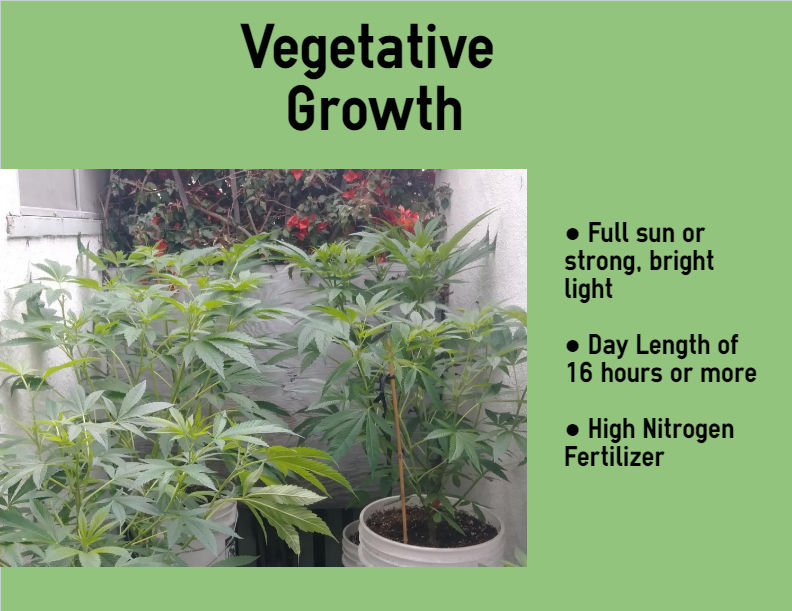Hemp Farming Bill Introduced In U.S. Senate
- A.J.
- Apr 15, 2018
- 3 min read
Senate Majority Leader Mitch McConnell (R-KY) was joined by two of his colleagues from across the aisle to introduce the Hemp Farming Act of 2018 on Thursday, April 12. Sen. Ron Wyden and Sen. Jeff Merkley, both Democrats from Oregon, are co-sponsors of the legislation. Rep. James Comer, another Republican from Kentucky, plans to introduce a companion measure in the House of Representatives.
If passed, the bill would clearly define hemp as an agricultural commodity and remove it from the list of federally controlled substances. The act allows the individual states to regulate hemp farming as they see fit.
The Hemp Farming Act also enables farmers to obtain crop insurance and makes hemp researchers eligible for grants from the U.S. Department of Agriculture.
Sen. McConnell said that many of his constituents have sought his help in overturning federal hemp prohibitions.
“During the recent state work period, I talked to a number of farmers, manufacturers, and small business owners who expressed enthusiasm for hemp’s potential, and I was proud to stand with Kentucky’s Agriculture Commissioner Ryan Quarles to announce the impending introduction of this bill,” he said in a release.
“Today, with my colleagues, I am proud to introduce the bipartisan Hemp Farming Act of 2018, which will build upon the success of the hemp pilot programs and spur innovation and growth within the industry. By legalizing hemp and empowering states to conduct their own oversight plans, we can give the hemp industry the tools necessary to create jobs and new opportunities for farmers and manufacturers around the county,” he continued.

Bill Welcomed by Emerging Hemp Industry
Bruce Perlowin, the CEO of Hemp Inc. in Spring Hope, North Carolina, told Hemp that the bill would be nothing less than revolutionary.
“It will send shockwaves through the farming and agriculture community of America,” he said. “This will be a shot across the United States’ bow where every farmer will sit up and take notice.”
Perlowin added that the act sends a clear message to U.S. farmers.
“Go for it!” he encouraged. “It’s legal. You can grow it like corn. You can get federal grants now. Plant as much as you want. You don’t have to worry about doing studies or research.”
The 2014 Farm Bill allowed for some hemp agriculture, but only under the auspices of state-run pilot research programs. Senators McConnell, Wyden, and Merkley collaborated on that legislation, as well.
The Future of American Farming
Perlowin says Hemp Inc. is a leader in creating an infrastructure for industrial hemp. The firm recently completed construction on a $20 million hemp processing mill that he claims is North America’s largest.
To supply the mill, the company partners with independent farmers as well as planting its own fields. Even before the new bill was announced, he had big hopes for hemp agriculture in the Tarheel State for 2018.
“I’m planning to plant 25,000 acres of hemp in North Carolina this year,” he said. “25,000 acres is my target. That’s no easy feat. It’s a giant project. But I think I can pull it off.”
Perlowin noted that hemp is far more profitable for farmers than popular traditional crops. So much so, he says, that he even knows marijuana farmers in California and Oregon that are switching to their crop’s non-psychoactive cousin. That way, they are able to avoid the effort and high cost of obtaining the licenses necessary to continue operating in newly legal recreational marijuana markets.
Sen. Merkley told reporters that he also sees hemp as an important aspect of America’s agricultural future.
“It’s past time that we move beyond these outdated and frustrating restrictions on hemp farming in the United States,” he said. “If we’re selling hemp products in the United States, we should be growing hemp in the United States – it’s good for jobs, good for our communities, and it’s just common sense.”



Comments